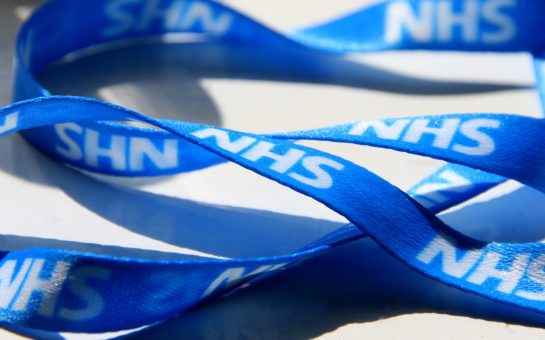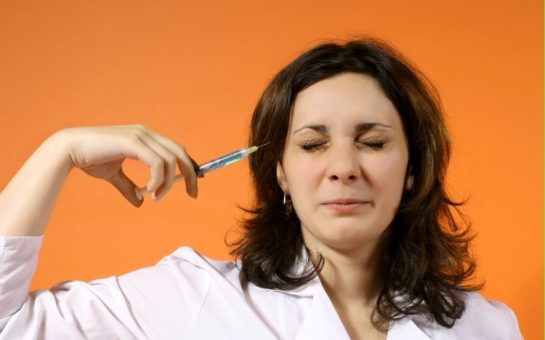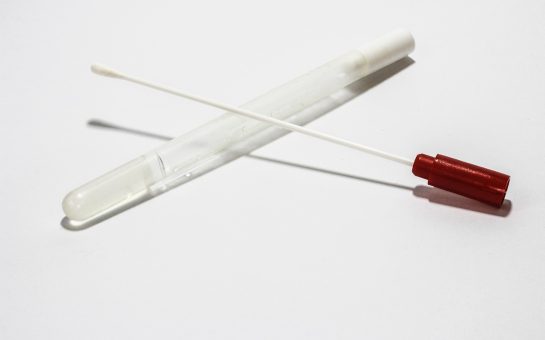In the first of his daily speeches on the issue, Prime Minister Boris Johnson yesterday announced the next phase of the government’s “delay” strategy to tackle coronavirus (COVID-19) will commence.
The measures are as follows:
- any household with a confirmed case of coronavirus must self-isolate for at least 14 days – and should avoid leaving to collect food and instead organise alternative methods of delivery
- all “non-essential” social contact must cease to slow down the virus’ spread
- all citizens should avoid going to places like pubs, bars, theatres, and restaurants
- gatherings of over 500 people have been prohibited
- those who can work from home must do so
- there should be no non-essential travel
- over 70s, pregnant women, and those with serious underlying health conditions will be told to stay at home for at least 12 weeks for their own protection – with these measures expected to commence this weekend
- he warned the virus is spreading more rapidly in London, describing them as “a few weeks ahead” of the rest of the country
Those told to stay at home for at least 12 weeks include, but are not limited to, the following groups:
- over 70s, regardless of medical conditions
- under 70s with the following underlying health conditions:
- chronic (long-term) respiratory disease such as: asthma, chronic obstructive pulmonary disease (COPD), emphysema, or bronchitis
- chronic kidney disease
- chronic liver disease, such as hepatitis
- Chronic neurological conditions, such as Parkinson’s disease, motor neurone disease, multiple sclerosis (MS), a learning disability or cerebral palsy
- problems with your spleen – for example, sickle cell disease or if you have had your spleen removed
- a weakened immune system as the result of conditions such as HIV and AIDs, or medicine such as steroid tablets or chemotherapy
- being seriously overweight (a BMI of 40 or above)
- those who are pregnant
- People who have received an organ transplant and remain on ongoing immunosuppression medication
- People with cancer who are undergoing active chemotherapy or radiotherapy
- People with cancers of the blood or bone marrow such as leukaemia who are at any stage of treatment
- People with severe chest conditions such as cystic fibrosis or severe asthma
There are people who are also at higher risk than these groups due to complex health problems – NHS England will contact you directly with more stringent measures if you fall into these groups.
For now, you should rigorously follow social distancing advice in full.
These higher risk groups include:
- people who have received an organ transplant and remain on ongoing immunosuppression medication
- people with cancer who are undergoing active chemotherapy or radiotherapy
- people with cancers of the blood or bone marrow such as leukaemia who are at any stage of treatment
- people with severe chest conditions such as cystic fibrosis or severe asthma (requiring hospital admissions or courses of steroid tablets)
- people with severe diseases of body systems, such as severe kidney disease (dialysis)
While these groups will have to self-isolate for this time, they will be permitted to go outside for exercise like walking – as long as they avoid all social contact.
The government has emphasised how important it is to adhere to these measures to protect both vulnerable groups, and others.
What is social distancing?
Social distancing is a method which seeks to slow the spread of the virus as there is currently no vaccine, and no cure.
A vaccine is not expected to be available for at least 12-18 months.
For at-risk groups, this means you must significantly reduce your face-to-face interaction as much as possible, including with friends and family members.
The government’s guidance on social distancing are the following:
- avoid contact with someone displaying coronavirus symptoms – including a high temperature, and/or new and continuous cough
- avoid non-essential use of public transport, and vary your travel times to avoid rush hour where possible
- work from home – your employer should support you to do so
- avoid large gatherings, gatherings in smaller spaces such as pubs, cinemas, restaurants, bars, clubs
- avoid gatherings with friends or family – stay in touch with remote technology like phone, internet, or social media
- use telephone services to contact your GP or other essential services
What are the symptoms of coronavirus?
For 80% of people infected with COVID-19 (the novel coronavirus) symptoms will cause mild to moderate illness – but for the other 20%, it will be more severe, and currently has around a 1-3% mortality rate.
Symptoms include:
- Fever
- Cough
- Shortness of breath and breathing difficulties
- Muscle aches
In more severe cases:
- Pneumonia
- Severe acute respiratory syndrome
- Kidney failure
- Death
What can I do to prevent myself getting coronavirus?
- Do not touch your eyes, nose, or mouth if your hands are not clean
- Do not have visitors to your home, including friends and family
- Wash your hands with soap and water often – do this for at least 20 seconds
- Always wash your hands when you get home or into work
- Use hand sanitiser gel if soap and water are not available
- Cover your mouth and nose with a tissue or your sleeve (not your hands) when you cough or sneeze
- Put used tissues in the bin immediately and wash your hands afterwards
- Avoid close contact with people with symptoms of coronavirus
- Only travel on public transport if you need to
- Work from home, if you can
- Avoid social activities – such as going to pubs, restaurants, theatres, and cinemas
- Avoid events with large groups of people
- Use phone, online services, or apps to contact your GP surgery or other NHS services
You can catch coronavirus from people who may not be showing symptoms, and a significant proportion of those carrying coronavirus will not show symptoms – which is why social distancing is so important.
What should I do if I think I have coronavirus?
- If you have symptoms, stay at home for seven days
- If you live with other people, they should stay at home for 14 days from the day the first person got symptoms
- If you live with someone who is 70 and over, has a long-term condition, is pregnant or has a weakened immune system, try to find somewhere else for them to stay for 14 days
- If you have to stay at home together, try and keep away from each other as much as possible
Use the NHS 111 online service if:
- you feel you cannot cope with your symptoms at home
- your condition gets worse
- your symptoms do not get better
Only call 111 if you cannot get help online.



